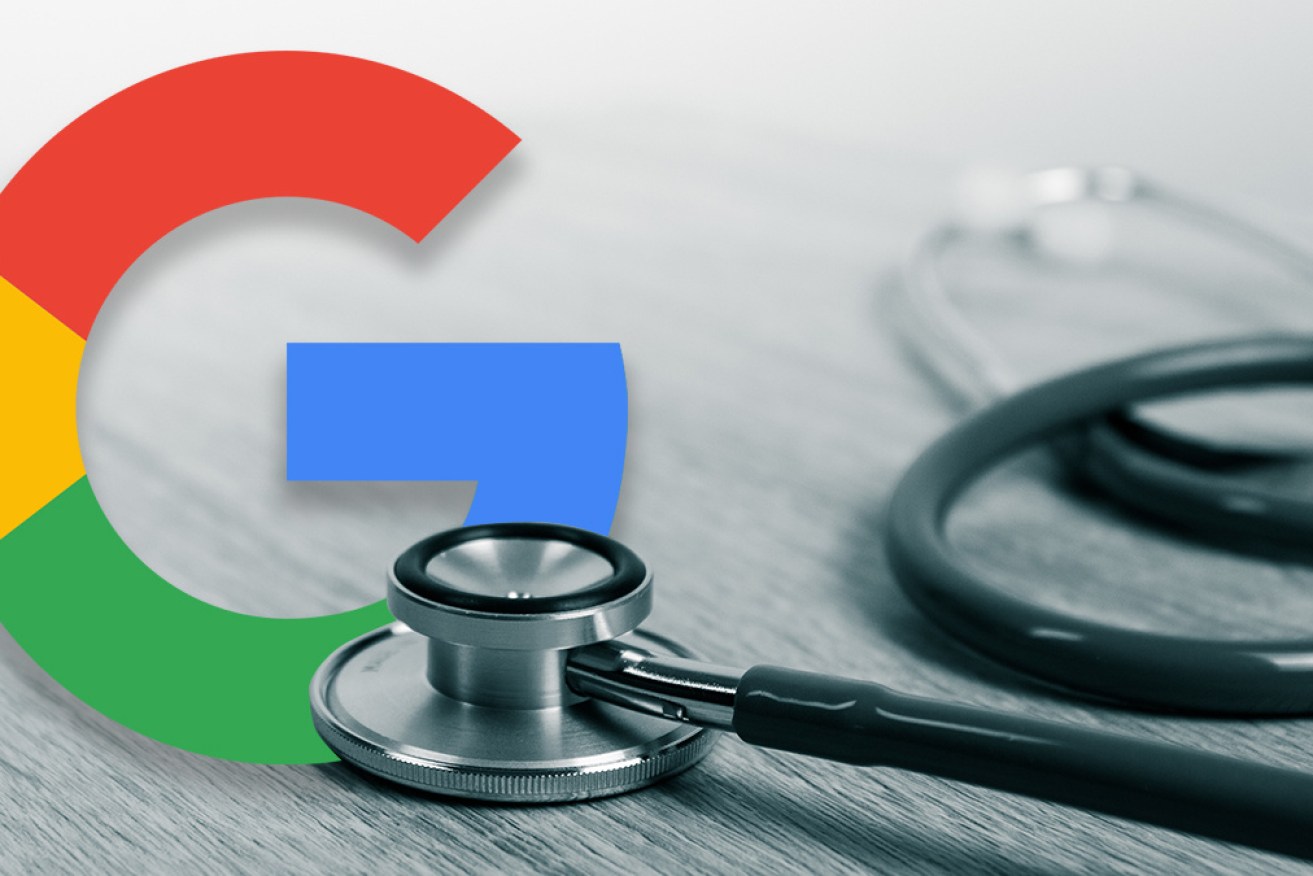The dos and don’ts of Dr Google


More than a third of Australians were convinced they were dying after Googling their symptoms online. Photo: TND
As if developing a new medical symptom isn’t upsetting enough, Australians are worrying themselves sick by searching for health advice online – but there are ways to call on Dr Google safely.
More than half of us are using the search engine at least weekly to look up medical questions and symptoms, according to a survey released this week by medical software company, MedicalDirector.
And it’s far from being a harmless activity.
The same study showed that more than a third of participants were convinced they were dying after Googling their symptoms.
Meanwhile, almost three in four people were turning to search engines instead of visiting a doctor.
This is a familiar statistic. In 2016, NPS MedicineWise ran a similar survey asking Australians about their online health habits. It too found the majority of respondents looked up health conditions on the internet to avoid seeing a health professional.

Australians are worrying themselves sick by checking symptoms online.
GP and MedicalDirector’s chief clinical advisor, Dr Charlotte Middleton, said Google was essentially a “symptom sorter”.
“It doesn’t take into consideration important contextual information such as your medical history, your family history, what medications you have or are taking, or what current disease trends are at play,” she told The New Daily.
Instead, she recommends visiting the GP first for a proper diagnosis, then looking up the right information about the condition and its management.
Sources such as the US-based Mayo Clinic, Better Health Channel and the Health Direct service are all good places to start.
As are websites by health organisations like the Cancer Council and Heart Foundation. Such sites often provide medical information, as well as helplines and stories from other patients in similar situations for additional support.

Seem familiar? People are searching much more than their symptoms online. Photo: The New Daily
Apart from the risks of receiving the wrong diagnosis, doctors say that there are also psychological dangers attached to self-diagnosing online.
These range from anxiety, to addiction, to creating a bubble of “digital hypochondria”, Dr Middleton explained.
“I’ve seen many patients who just can’t seem to stop Googling their symptoms, to the point where they need an actual intervention from family and friends to stop them doing it.”
Online searches can also have the reverse effect.
“People Googling symptoms and finding diagnoses that underplay the seriousness of their conditions may convince them they don’t need to visit a doctor,” she said.
But, it’s not all bad news.
A 2018 study published in the Medical Journal of Australia found that looking up health information before visiting the emergency department might actually be a positive step in most cases.
“Searching had a positive impact on the doctor–patient interaction and was unlikely to reduce adherence to treatment,” the study authors wrote.
Australian medical researcher Dr Rachael Dunlop, or Dr Rachie as she’s affectionately known, argued that Dr Google – when used correctly – is far better than relying on advice from celebrity sources.
“For example, contrary to [Gwyneth] Paltrow’s website, experts advise inserting jade ‘eggs’ into your vagina is a very bad idea,” she boldly typed.

Gwyneth Paltrow’s wellness company Goop is notorious for making unfounded health claims. Photo: Getty
It also beats relying on medical information from unqualified social media influencers, who have been known to dish out advice on whether we should get vaccinated, right through to how to cure disease with celery elixirs.
Even if you see something by a celebrity or influencer that piques your interest, it’s best to avoid drawing conclusions and instead bring it up at your next consult.
“Have an open conversation with your doctor about the information you have found online and where you have found it and they can help you determine which of this is accurate,” Dr Middleton said.
Finally, talk to your GP about what kinds of online resources they recommend you use, or avoid.
“There are a wealth of pamphlets, factsheets and other resources available at practices that are incredibly helpful.”








